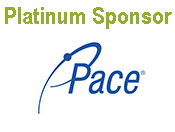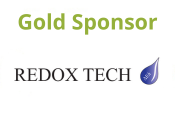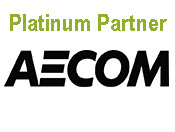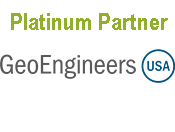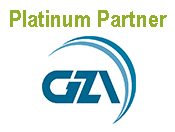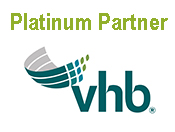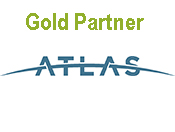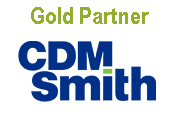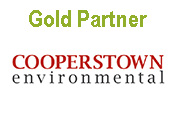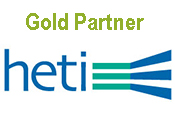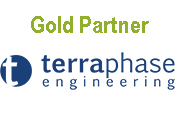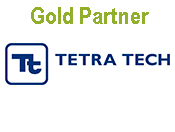The following LSPA practice tip was introduced at the December 2025 Membership Meeting, which was held via Zoom on Tuesday, December 16, 2025, from 3:45-5:00 PM.
Practice Tip
When any PFAS related to a disposal site are detected in private drinking water wells, LSPs and their clients must mitigate this Critical Exposure Pathway under the MCP. However, detections of PFAS in water can be highly dependent on the reporting limits achieved for the analysis. USEPA analytical methods require extraction of the entire sample volume of the sample bottle. As a result, the reporting limit is inherently tied to sample volume (e.g., a 250 mL sample vs. a 290 mL sample). Therefore, even small differences in bottle fill levels can lead to minor, but meaningful, variations in reported concentrations. As with any sampling program, samples should be collected methodically and in accordance with the MassDEP CAM and the relevant analytical method to provide a representative analytical result. In the case of PFAS, sample bottles should be the same size and filled to a consistent volume to improve data comparability and defensibility.

